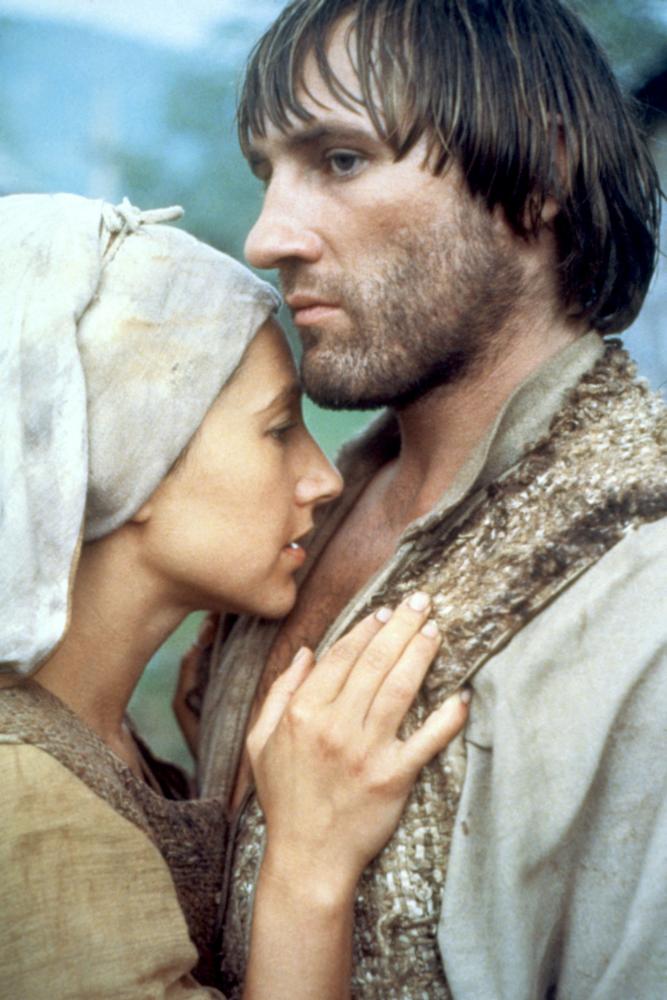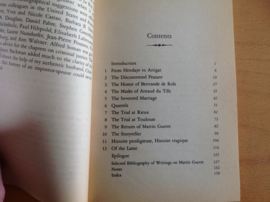

Though the general facts surrounding Martin Guerre’s disappearance, reappearance, and re-reappearance were recorded and published in the 1560s, much remains tantalizingly open to speculation. Director Daniel Vigne’s 1982 film captures the surreality and heartbreak inherent to the infamous true case, interweaving a convincingly tactile representation of 16th-century farm life with hints of the uncanny to convey the fertile grounds for such a narrative to unfold. So testifies Bertrande (Nathalie Baye), in the eventual trial to determine whether this charming ox, who fathered two more children with her in the three years following his return, is, in fact, Martin Guerre-or a skillful imposter, as his uncle and several men of a nearby village attest.



Pertinent questions, when he returns to the village with the broad-shouldered effervescence and unmistakable visage of Gerard Depardieu, whose virility in the fields is matched only by that in the bedroom. Where might a gangly, tepid youth, displeased with the vocation he’d inherited, go with his freedom? What changes would nearly a decade of soldiering and independence have wrought on him, his abandoned wife, and home? One day, Martin disappeared before dawn, and was gone for over eight years, during which time his parents both died of broken hearts and his ever-chaste wife grew increasingly bereft. Though young Martin’s impotence, a topic of much neighborly conversation and entertainment, was eventually cured, the union remained unhappy Martin was neglectful of and cruel to his wife and child, and often publicly humiliated by his father for failing to fulfill his duties on the farm. In a small French village in 1542, Martin Guerre married Bertrande de Rols in a joyous exchange of vows and priestly blessings.


 0 kommentar(er)
0 kommentar(er)
